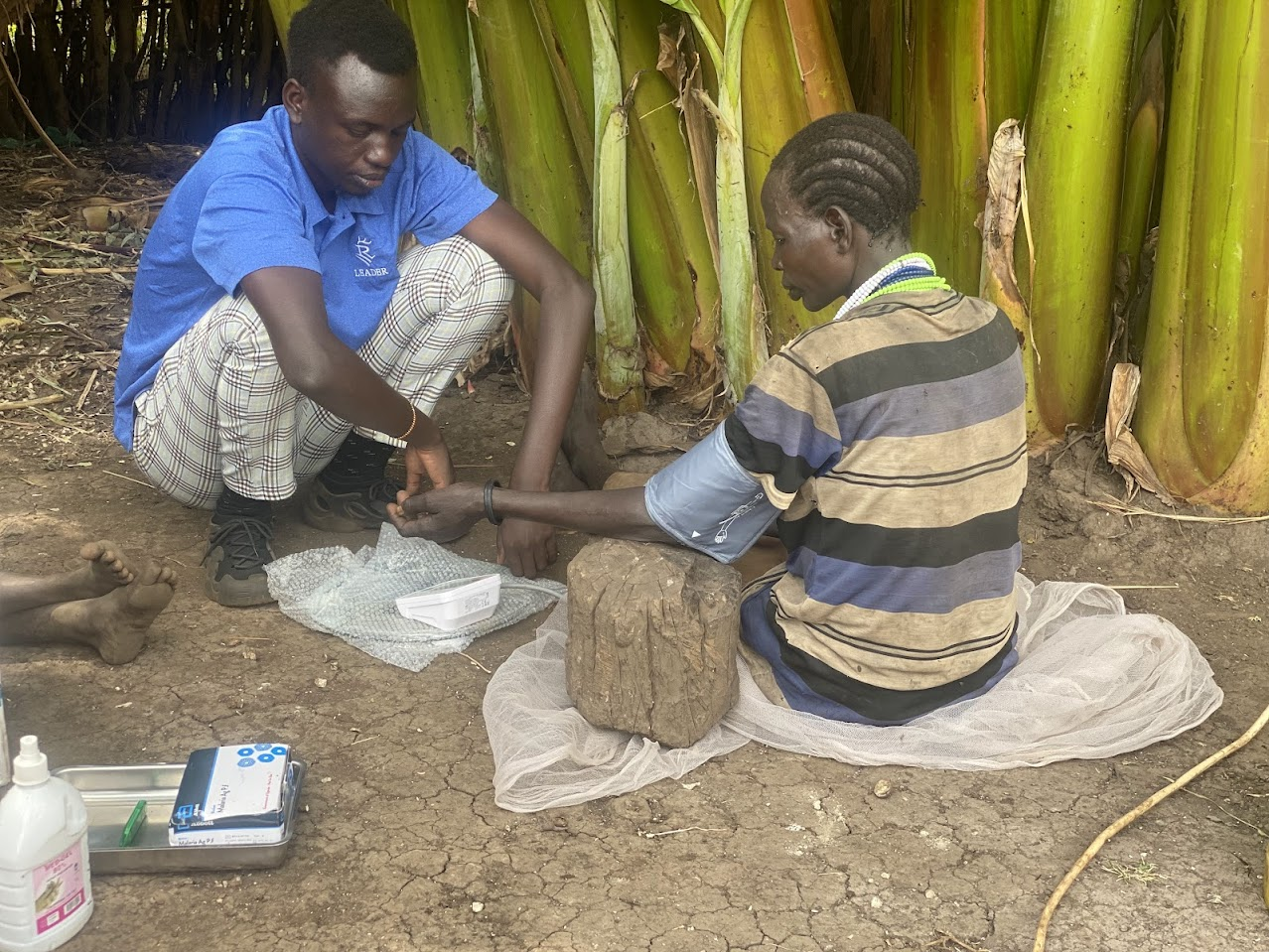At Anecca, we are committed to advancing health outcomes for women, children, adolescents, and young adults across Africa. Our research and knowledge management initiatives are integral to this mission, focusing on generating, managing, and utilizing strategic information to inform decision-making, enhance service delivery, and influence policy formulation.
Research Initiatives
Anecca’s research efforts are centred on improving the quality of healthcare services within the Reproductive, Maternal, Newborn, Child, Adolescent, and Nutrition (RMNCAHN) platform. Our research priorities include:
• Paediatric and Adolescent HIV Care: Investigating innovative approaches to HIV prevention, treatment, and care tailored for children and adolescents.
• Maternal and Newborn Health: Exploring strategies to reduce maternal and neonatal morbidity and mortality.
• Implementation Science: Conducting studies to assess the effectiveness of health interventions and inform best practices.
Through these research areas, Anecca aims to contribute to the evidence base that drives improvements in health systems and outcomes.
Knowledge Management
Anecca recognizes the importance of effective knowledge management in enhancing health service delivery. Our knowledge management strategies include:
• Development of Health Resource Materials: Producing and disseminating guidelines, toolkits, and manuals to support healthcare providers.
• Data Management and Utilization: Implementing systems to collect, analyse, and use health data for informed decision-making.
• Capacity Building: Training healthcare workers and stakeholders in knowledge management practices to foster a culture of learning and continuous improvement.
By strengthening knowledge management, Anecca ensures that critical information is accessible and utilized to improve health services and outcomes.
Collaboration and Capacity Building
Anecca collaborates with various stakeholders, including Ministries of Health, implementing partners, and research institutions, to enhance research and knowledge management capacities. Our collaborative efforts focus on:
• Joint Research Projects: Partnering on studies that address priority health issues.
• Training and Mentorship: Providing capacity-building opportunities for healthcare professionals and researchers.
• Policy Advocacy: Using research findings to advocate for evidence-based policies and practices.
Through these collaborations, Anecca aims to build a robust research and knowledge management ecosystem that supports sustainable improvements in health systems.
Research Studies: Uptake of Voluntary Medical Male Circumcision (VMMC) in a nomadic community, Northeastern Uganda.
At Anecca, we are conducting critical research on the uptake of Voluntary Medical Male Circumcision (VMMC) in the Karamoja region. VMMC has been shown to reduce the risk of HIV transmission among men, and it plays a vital role in HIV prevention strategies. However, the uptake of VMMC in the Karamoja sub-region has been hindered by several factors, including cultural beliefs, gender dynamics, and access to healthcare services.
Study Focus: This study aims to examine the factors that influence the uptake of VMMC in Karamoja, with a particular focus on the role of intimate partners in shaping men’s decisions. The study will explore the barriers and enablers to VMMC uptake, identify socio-cultural factors affecting decision-making, and evaluate how intimate partner support or opposition impacts VMMC engagement.
Significance of the Study: The findings of this study are expected to inform public health strategies in Karamoja, particularly those targeting male engagement in HIV prevention programs. By understanding the role of intimate partners and other socio-cultural factors, Anecca aims to develop more effective, culturally appropriate interventions that encourage the uptake of VMMC among men in the region.
Through this research, Anecca is committed to improving HIV prevention efforts, ensuring equitable access to health services, and fostering community-driven solutions to public health challenges in the Karamoja region.
Research Studies: Building Capacity for Long-Acting HIV Treatment in Uganda
Anecca is leading an important research initiative focused on building capacity for long-acting HIV treatment in Uganda. As long-acting antiretroviral therapies (LA ART) become an increasingly viable option for people living with HIV (PLHIV), ensuring that healthcare providers are prepared and capable of delivering these treatments effectively is crucial for the success of HIV care programs.
Study Focus: This study aims to enhance provider readiness and collaboration in the delivery of long-acting HIV treatment, exploring the challenges and opportunities in integrating LA ART into routine care. The research will evaluate the capacity of healthcare providers, the availability of necessary resources, and the level of collaboration between healthcare teams at both clinical and community levels to support the successful implementation of LA ART in Uganda.
Significance of the Study: This research is critical for understanding the readiness of Uganda’s health system to adopt and sustain LA-ART as a cornerstone of HIV treatment. The findings will provide evidence to support the scale-up of long-acting treatment options, ensuring that healthcare providers are adequately prepared and that collaboration across different levels of care is optimized for the benefit of PLHIV.
By addressing the gaps in provider readiness and fostering a collaborative approach to care, Anecca aims to strengthen the capacity of Uganda’s healthcare system to provide high-quality, patient-centred HIV care.


